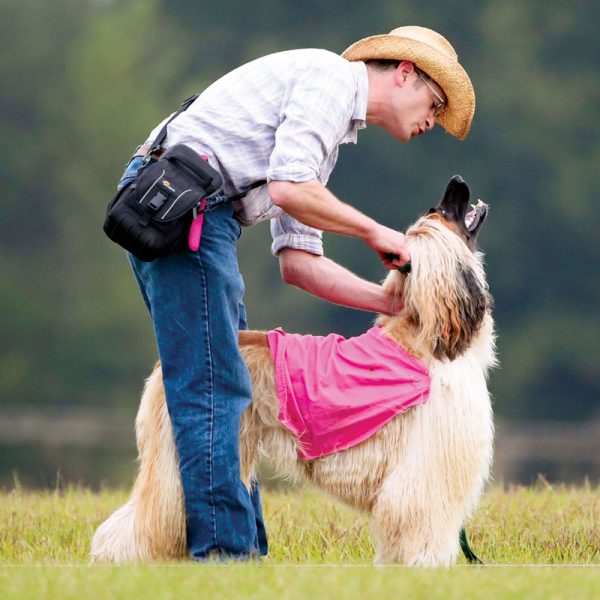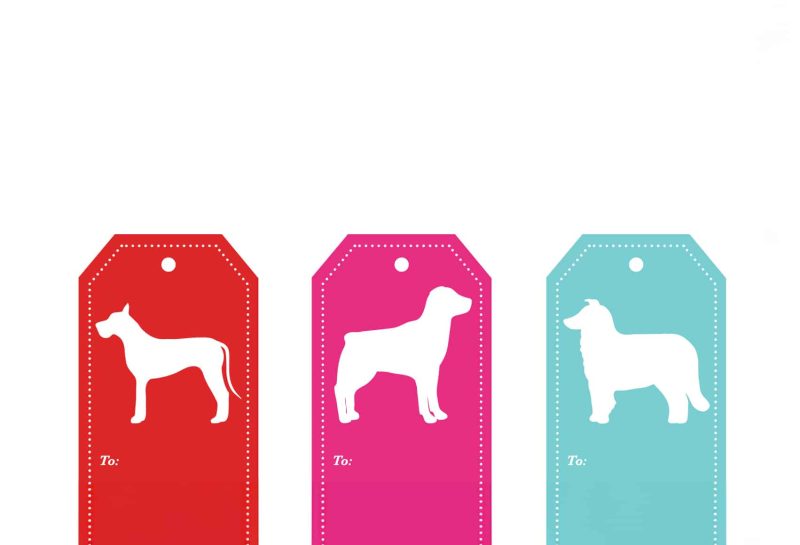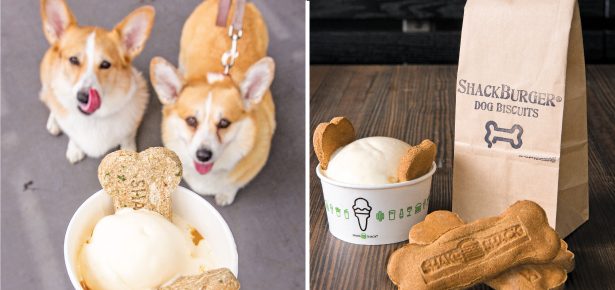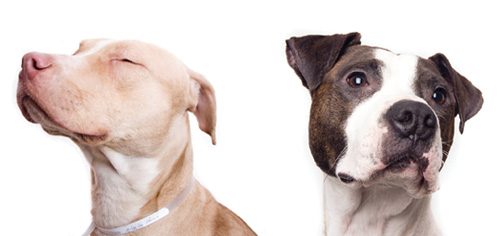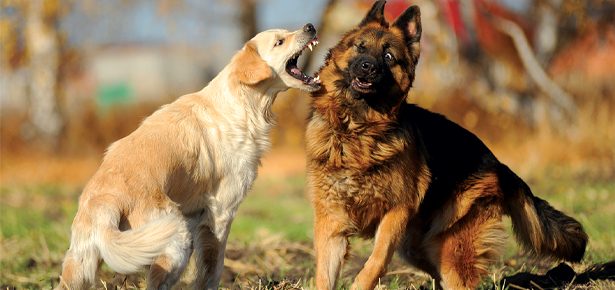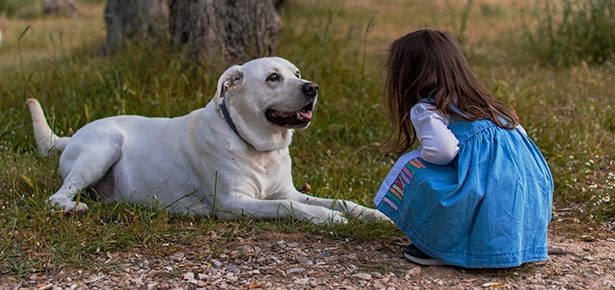
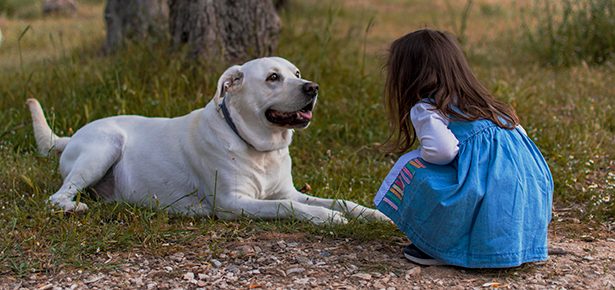
What are These Dogs Trying to Say? Take this Quick Quiz
Can you speak dog? Test your skill in deciphering canine body language
Your dog is talking to you. Even when he doesn’t bark, woof, or whine, your dog’s body is giving you a running commentary on what he’s thinking and how he’s feeling. Canine professionals who are good at what they do are experts in canine body language. For example, trainers who work aggressive dog cases need to be excellent translators of canine body language to avoid getting bitten and to keep their clients safe.
How good are you at speaking dog? Take our quiz! Before you do, keep this in mind. These snapshots are single moments in time. Behaviour is fluid. Just like you can have a conversation that weaves in and around topics, so can dogs. They can be stressed one second and then relaxed the next. Our quiz answers are based on the photos alone, with no context other than what you see.

Photo Stephen Ch/PIXABAY
#1. This dog is:
a. Nervous at the little girl so close
b. Comfortable with the little girl so close
c. Not remotely interested in the little girl so close
Correct answer: B. This Labrador has an open mouth smile, relaxed ears, and a relaxed expression. Her eyes are a bit squinty. Her tail is low and looks mid-wag.

Photo Bones64/Pixabay
#2. This dog is:
a. Unhappy at being hugged
b. Thrilled to be hugged
c. Indifferent to being hugged
Correct answer: A. This dog’s mouth is closed. She has a worried expression and is looking away from the girl hugging her. She is slightly leaning away from the girl. You can see a bit of “whale eye”—when the whites of the eyes show. These are all signs of stress.
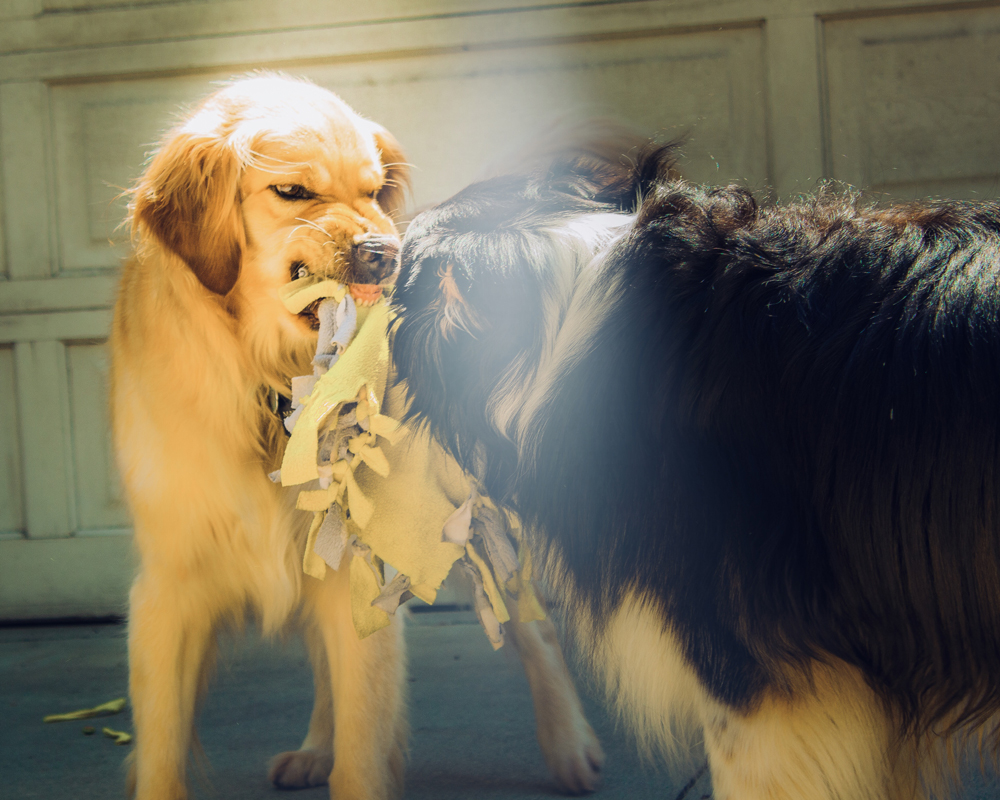
Photo Nicholas_Demetriades/Pixabay
#3. The Golden Retriever:
a. Is all about sharing
b. Is about to drop the item
c. Wants the other dog to leave the item alone
Correct answer: C. The Golden Retriever is snarling at the other dog, without letting go of the toy. He is glaring directly at the other dog. The Golden has possession of this item and wants the other dog to leave it alone. Not all dogs like to share.
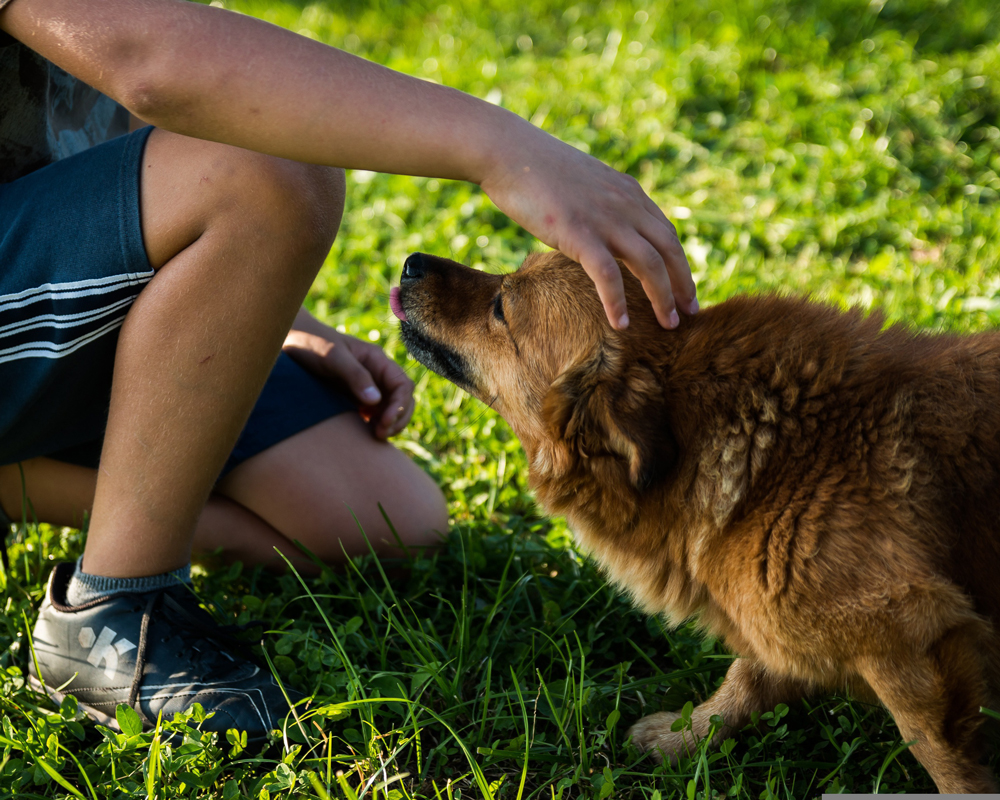
Photo Jarmoluk/Pixabay
#4. This dog:
a. Is avoiding being petted
b. Wants to be petted, but is conflicted about it
c. Is overjoyed to be petted
Correct answer: B. This dog is approaching the person, leaning towards him. He’s lowered himself, with ears down and eyes squinty. He is also flicking his tongue, which is a sign of stress. This is a submissive approach.
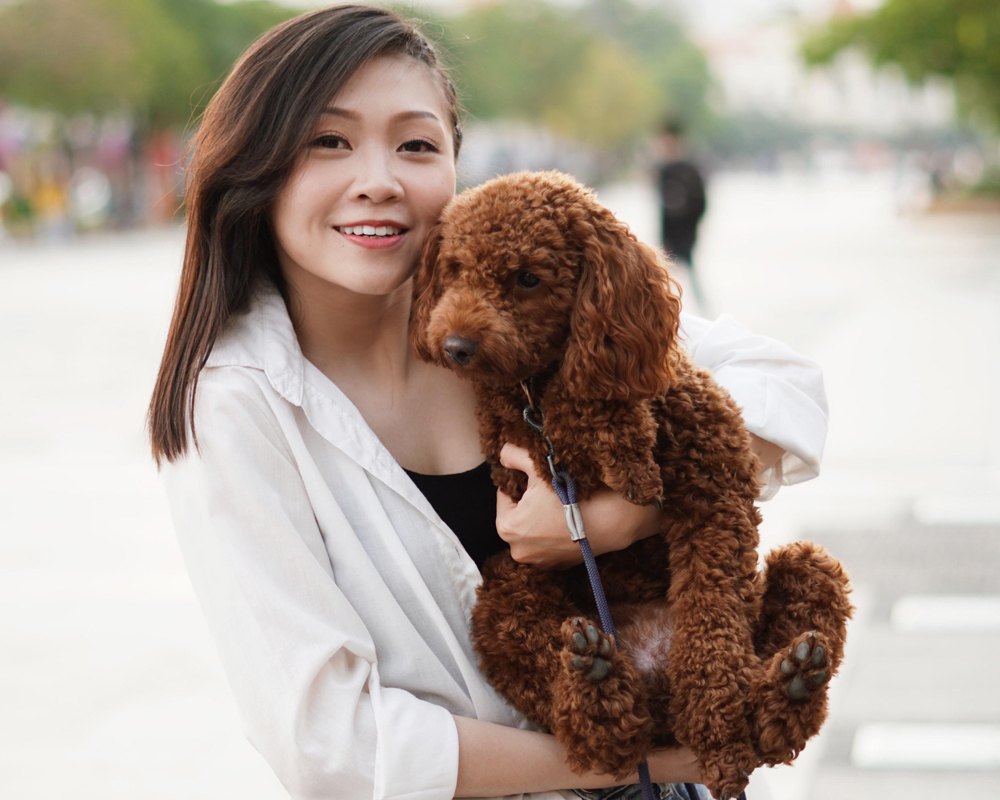
Photo Huynhly024/Pixabay
#5. This dog:
a. Is happy to be held
b. Is indifferent to being held
c. Is not happy to be held
Correct answer: C. The woman is smiling, but the dog isn’t. The dog has a closed mouth, and her back legs are sticking out straight. People love to pose holding their dogs, but it’s important the dogs enjoy the pose, too. This dog may just not like being picked up, or maybe she doesn’t feel safe the way the woman is holding her.
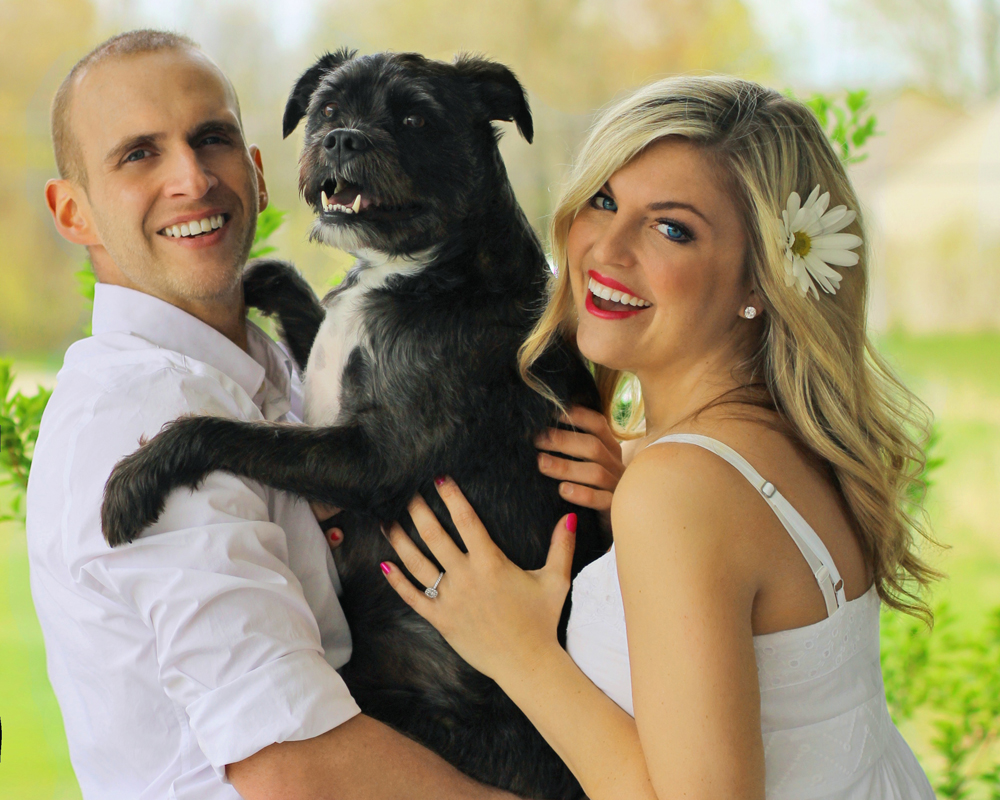
Photo Terric/Pixabay
#6. This dog:
a. Is terrified of being held
b. Is ready for the photo to be over
c. Is happy to be held
Correct answer: C. This dog is enjoying being held. He has an open mouth. His ears are relaxed.

Photo Gemmaray23/Pixabay
#7. This dog:
a. Wants you to pet him
b. Wants you to give him a treat
c. Wants you to go away
Correct answer: C. This dog is snarling. He has a hard stare, with ears slightly forward. This is not a dog who wants you to pet him; he wants you to get lost. Most aggression is based in fear, so it may be that the dog is afraid of you.
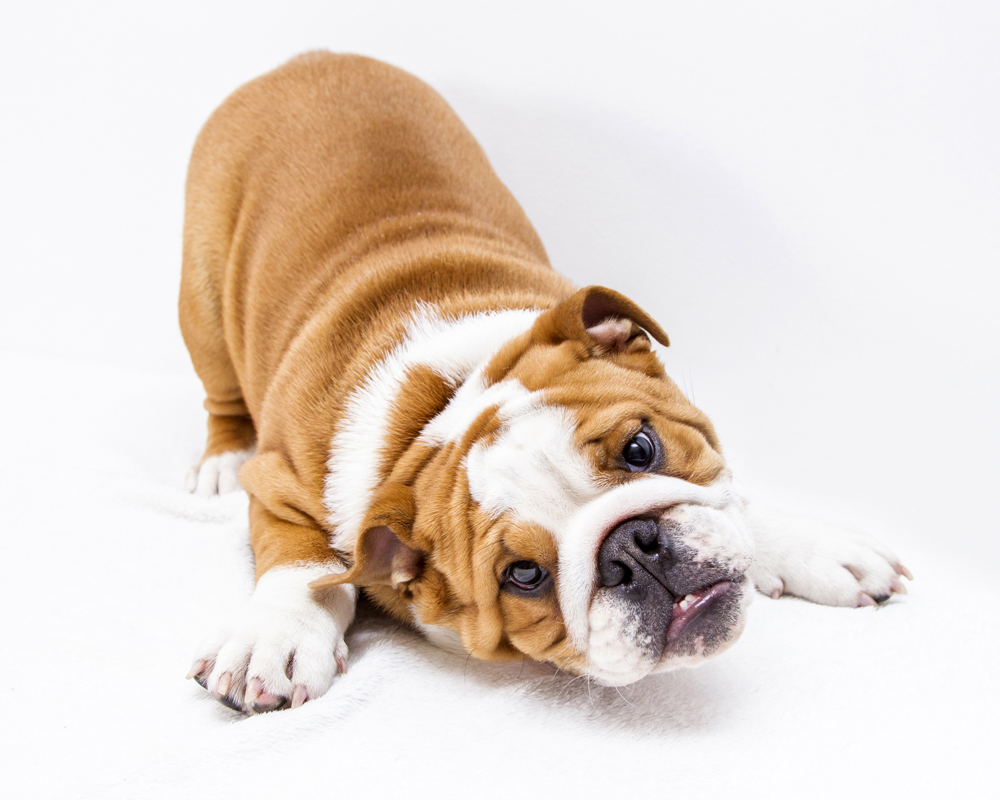
Photo Vlaaitje/Pixabay
#8. When a dog does this behaviour, it’s:
a. A warning he’s going to bite
b. An invitation to play
c. A sign he’s going to run away
Correct answer: B. When a dog’s rear is in the air and his front legs lowered, this is called a “play bow.” This dog is trying to engage with you.

Photo Stocksnap/Pixabay
#9. This dog is:
a. Worried
b. Happy
c. Angry
Correct answer: A. This dog has a closed mouth. She has a worried expression, and you can see some whale eye.
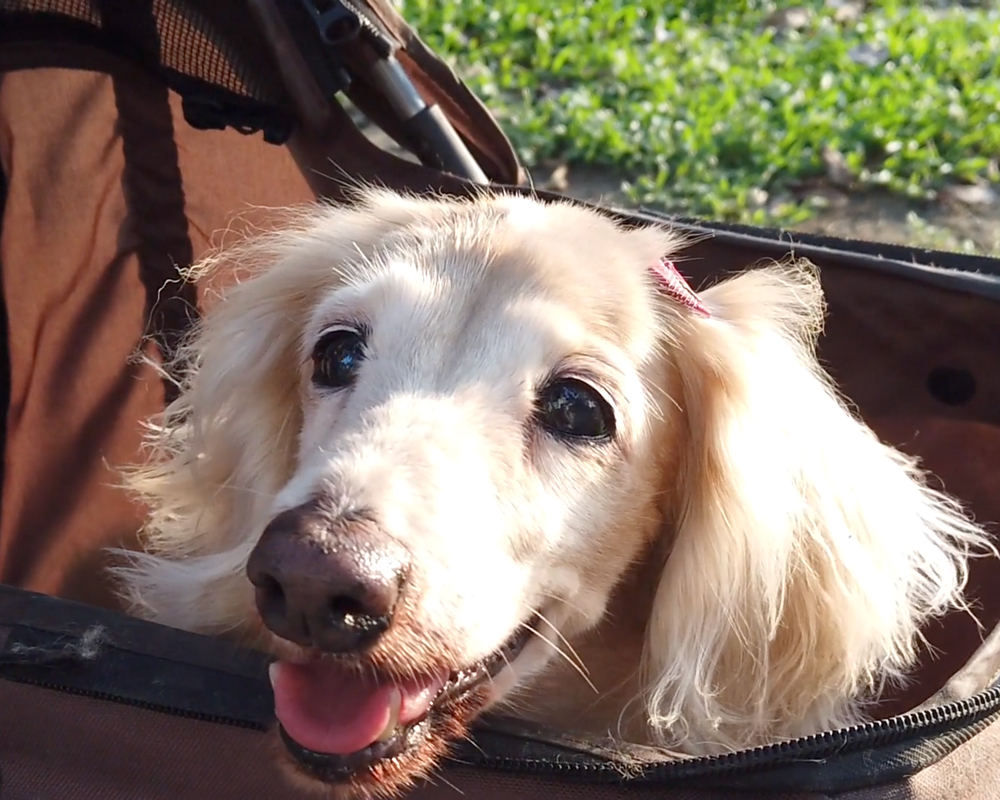
Photo WCW690/Pixabay
#10. This senior dog:
a. Is worried about traveling in a stroller
b. Is happy to be traveling in a stroller
c. Is angry about traveling in a stroller
Correct answer: B. She has a relaxed expression, and open mouth. She is sniffing the air, exploring her environment.
>> Dogs have a vast array of body signals, some obvious and some with nuance. The more you learn what these signals look like and what they mean, the better you’ll be able to understand your canine best friend.
This article originally appeared in the award-winning Modern Dog magazine. Subscribe today!
Join the newsletter and never miss out on dog content again!
"*" indicates required fields
By clicking the arrow, you agree to our web Terms of Use and Privacy & Cookie Policy. Easy unsubscribe links are provided in every email.
